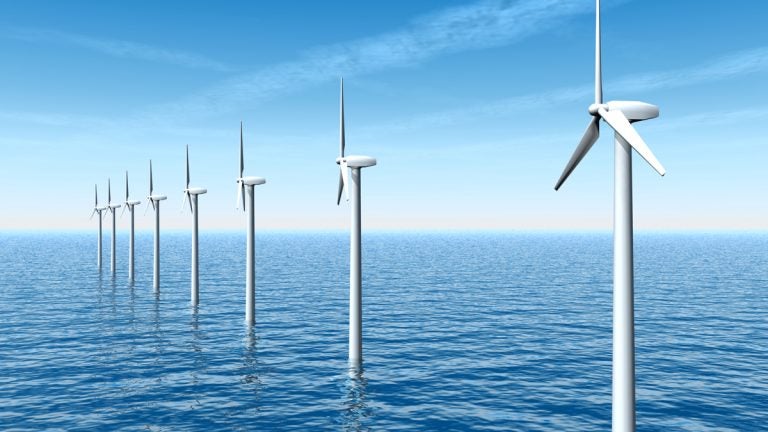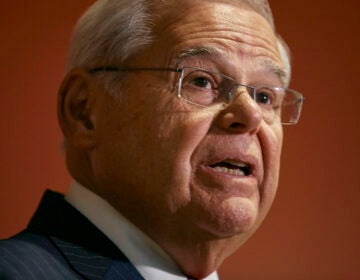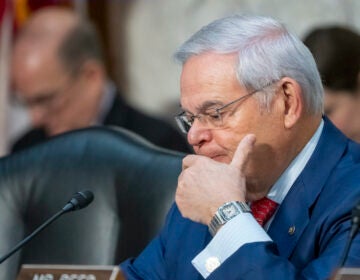New Jersey blocks offshore wind farm

The state has once again blocked the first proposed offshore wind project along the Jersey coast.
In its monthly meeting on Friday, the New Jersey Board of Public Utilities rejected a proposed 25-megawatt wind farm three miles off the coast of Atlantic City, saying the project would be too expensive to utility customers who would help finance it.
The denial, although not unexpected, raises anew questions about how seriously committed the Christie administration is to developing offshore wind. A four-year-old law aimed at promoting the technology calls for at least 1,100 megawatts of offshore wind to be built in coastal waters by 2020 — a target many say is unlikely to be achieved.
The $188 million Atlantic City project, developed by Fishermen’s Energy, was viewed by its developer as a pilot designed to demonstrate the benefits of offshore wind. Initially, the New Jersey Division of Rate Counsel opposed the project as too costly to ratepayers, but it reversed that position when the developer won a $47 million grant from the U.S. Department of Energy.
“We’re disappointed,” said Rhonda Jackson, a spokeswoman for Fishermen’s Energy, “but we will continue the process and hopefully show our price is right.”
When the BPU originally rejected the project in March, the developer took the decision to a state appeals court. The court remanded the case back to the agency, saying the BPU failed to consider how the money from the federal government would lower costs to customers.
Four years after an offshore wind law was enacted, the state agency has yet to adopt rules that would promote offshore wind by awarding developers subsidies from ratepayers to make their projects economically viable.
The BPU did not respond to a call for comment on the issue.
“The delay and absence of rules allow the board to reject projects without reason,” said Jeff Tittel, director of the New Jersey Sierra Club. “Until there are rules in place, offshore wind in New Jersey will not be a reality, and we will miss out on the jobs and economic growth that comes with offshore wind.”
Senate President Steve Sweeney agreed.
“The wind project off the coast of Atlantic City should be under construction by now, pumping money into the local economy,” he said. “The project is not only great for the environment, but once construction jobs begin, would bring hundreds of good paying jobs to the region.”
The denial of the project comes at a time when other states along the Eastern Seaboard are aggressively trying to promote offshore wind projects, a strategy some policymakers believe could provide a crucial boost to creating a new green economy.
Not everyone is as enthusiastic about that prospect. Offshore wind is more expensive than electricity produced by conventional power plants. In a state with some of the highest energy costs in the nation, many business groups are worried about the cost of electricity if the project moves forward.
But some environmental groups, citing the state’s persistent air quality problems, say the move to cleaner ways of producing electricity outweighs the cost by reducing pollution and improving the health of residents.
The federal government is expected to offer leases along the Jersey coast soon to build offshore wind farms. At least a dozen developers have expressed an interest in building off the Jersey coast — primarily because of its relatively shallow coastal shelf and abundant wind resources.
In rejecting the project, the agency still questioned the cost to customers, who would pay for the electricity the wind turbines produce under a still-uncertain mechanism to be developed by the BPU.
__________________________________________
NJ Spotlight, an independent online news service on issues critical to New Jersey, makes its in-depth reporting available to NewsWorks.
WHYY is your source for fact-based, in-depth journalism and information. As a nonprofit organization, we rely on financial support from readers like you. Please give today.




